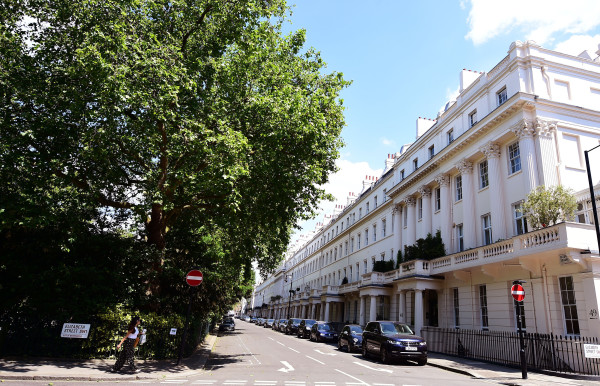

It is a hotly debated topic, one that could cost families dearly when the time comes and is due to come into effect at the beginning of April.
No, I am not talking about Brexit. I am talking about the ‘tax’ – which is how the Office for Budget Responsibility is likely to define it – on families in their darkest hours. I am talking about the rise in probate fees.
With all the Brexit noise going on, it has been easy to forget about this increase in death costs, which despite being heavily criticised in many quarters is going ahead regardless, in an unpopular move by the Ministry of Justice.
Instead of the current flat fee of £215 – or £155 if you use a solicitor – which applies to estates in England and Wales, bereaved families will instead be faced with a tiered system that will charge based on the value of the estate. Those estates up to £50,000 will be exempt from fees, then the fees are:
- £50,000-£300,000: £250
- £300,000-£500,000: £750
- £500,000-£1m: £2,500
- £1m-£1.6m: £4,000
- £1.6m-£2m: £5,000
- Above £2m: £6,000
To be fair, I cannot see too many people crying into their cornflakes for the people with estates worth £2m or more having to pay £6,000 for probate. But that really misses the point. The current system is based on recouping costs, which at a time of grief is really what we should expect.
The new system is undoubtedly a tax, and while some people will be smugly thinking it is ‘the rich getting what they deserve’, it is hard to argue that anyone deserves a 3,770 per cent increase in costs just because their relative has been wealthy.
Besides, the reality for most people who are dealing with an estate is that they will face much higher costs themselves. Anyone who owns a property, for example, will be facing an increase in costs even at the very lowest end of the scale.
The MoJ expects that most estates will pay no more than £750. Well, when you consider the current probate fee is as little as £155, that still amounts to almost five times more than you would pay under the current rules.
Some comfort can be gained from the fact that estates below £50,000 are now exempt from probate fees, up from the current £5,000, but the number of those is still relatively small.
It means that inheritance tax planning will become a greater focus – something that should be commended in one way, since IHT is something of a ‘voluntary’ tax for those who choose not to plan to limit its impact.
It also means that advisers have an opportunity to help their clients in the coming months by ensuring they know about these changes, and prompt them to think about their estate planning.
The process of dealing with estate planning is never easy. Often you have to ask clients questions they may be uncomfortable with.
After all, the subject of dying is never an easy one to discuss. It may also mean dealing with internal family difficulties or explaining the nature of what is happening to their children, especially if something like equity release is being used to help with the process and to give clients cash to use now.
However, one of the most important considerations is dealing with probate in the few days we have left before the change is made, as a rush to beat the fee hikes is expected.
Law firm Irwin Mitchell Private Wealth is warning that executors who fail to make applications for probate prior to the fee hike at the beginning of next month could put themselves in jeopardy of claims against them from beneficiaries.
But hurrying to push the paperwork through ahead of the deadline means they could make mistakes, and face even greater claims from beneficiaries if other aspects of the probate application are incorrect.
Whichever way you look at it, the hike in probate fees is set to be a slap in the face for distressed families. The process of dealing with the financial affairs of a deceased person is never easy.
Add to that the emotional impact if it is a loved one where you have gamely agreed to be an executor for the estate because, in life, they trusted you to do the right thing, and it becomes even more difficult.
Money is often the wedge that becomes inextricably pushed between family members, and it is one of the biggest causes of fall outs. So, advisers have a big part to play in helping to ensure the right planning is put in place in advance to reduce the likelihood of these problems occurring.
It is also worth thinking about working with the family as a whole, because if there is a considerable estate to manage and you have become the trusted adviser, not just to the original estate owner but to the entire family, you will probably continue to work with them after the principal has gone.
That may seem callous, but for so many having a large sum of money with no advice prompts incorrect decisions, and having an adviser they know and trust will help to ensure they use the money in the best way they can.
Alison Steed is a freelance journalist




